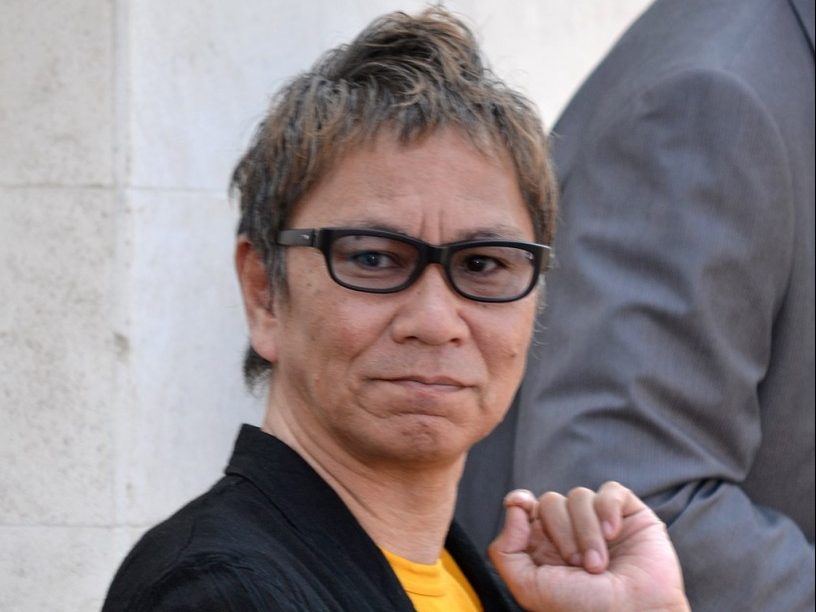There’s a theme that keeps popping in the films of Takashi Miike.
The outsider.
With over 100 credits to his name, it can sometimes be a daunting and challenging to make sense of such a huge amount of work. Add the fact, he’s often a for-hire director who works in numerous genres it can become even more of a challenge. That said, in the few handful of films I’ve recently watched it seems his characters are often outsiders who live on the fringe of society.
Let’s take Audition (1999) as an example. Both of our main characters appear to be out of step with their peers. Our protagonist, Aoyama, is lonely and isolated due to the death of his first wife. Our antagonist, Asami, is isolated and lonely because of the abuse she suffered growing up from her parental figures as well as her ballet teacher. This is reinforced visually when we see Asami eerily sitting alone in her apartments, head down, waiting for the phone to ring. She’s also a homicidal sociopath, so there’s that.
Another of Miike’s well known works, the Dead or Alive trilogy, centers around two men out of step with their world. One of our main characters, Ryuuichi, is a gang member of Chinese descent living in Japan. Early on, Ryuuichi and his younger brother visit the grave site of their mother. This time the “outsider” status is visually reinforced by placing the gravestone in a wet, muddy marsh on the outskirts of town. They’re literally on the outside of society.
Sukiyaki Western Django (2007) has a similar protagonist without a real home. This time, the “outsider” status is reinforced by not even giving our character a proper name. He’s the “gunmen” which echoes the “man with no name” Clint Eastwood Spaghetti Western flicks. He comes into town (from the outside), without allegiance and upsets the balance between two rival gangs. It’s the fact he’s an outsider that sets the wheels in motion.
Perhaps, one of Miike’s most unusual film, Visitor Q, tells the story of a disturbed family who don’t adhere to any sort of traditional family values. The film is taboo, scatological, and violent. At the center of the film is a character simpler referred to as, The Visitor, who in some weird way brings a balance to their troubled lives. The Visitor is an outsider as well as the family unit itself.
Takashi Miike was born in Japan to Korean parents who had immigrated to Japan. I wonder, if Takashi Miike himself would consider himself to be an outsider? One thing’s for sure, with the type of work he’s done as well as the amount, he’s a bit of an outsider in the world of film.
